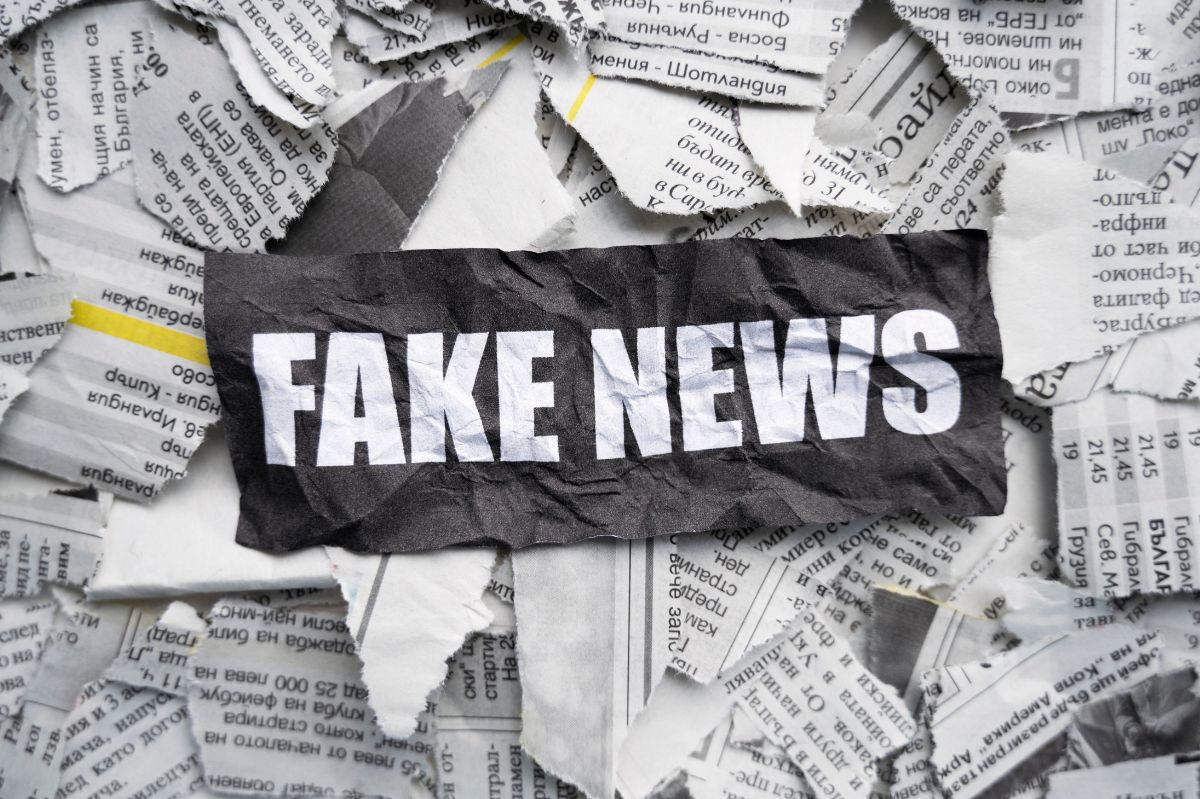Tricks To Detect Fake Science And Health News

Fake news or Fake News is the order of the day. We find all kinds of sensational news on the Internet that has not been verified. We cannot trust everything we read since even serious media outlets often fall into this trap, offering false information. We offer you some tricks to detect Fake science and health news since, lately, they are the ones that are shared the most.
Due to the rapid advancement of new technologies and social networks, we find ourselves in a world full of constant information. On the one hand, it has its advantages, such as that we all have quick and easy access to any type of information, but on the other hand, there is the disadvantage that this information passes very few filters. Information and news that are not true and are intended to confuse the reader due to various interests are known as misinformation or Fake News.
In this pandemic that we have experienced due to Covid-19, much Fake News is being generated. Furthermore, information reaches us in all ways: text, emails, WhatsApp, chain messages, etc. The civil guard and the police have already warned of many false news and hoaxes that have circulated through various means of communication. Fake information about Social Security refunds, applications that detect coronavirus, teleworking fraud and alleged vaccines sold to combat COVID-19.
Learn to detect Fake News
In general, Fake News can be present on any topic, but those related to science and health are the ones that can harm us the most. The problem with the Internet is an overload of information, and there are few reliable media and sources dedicated to comparing the information and offering you something reliable. For our part, we always contrast and check everything we write before publishing since we do not have a sensationalist intention.
These are some tricks that can help you detect Fake news:
- You have to be especially careful with astonishing claims that seem exaggerated. These claims require exceptional evidence. If there are no study samples and citations of reliable sources, they most likely want to attract your attention.
- In journalistic articles, always look to see what the original source of the news is. It is possible that the writer has read the original research and misinterpreted it. The journalist may not have ill will, although he may have missed many important things or misunderstood many others due to his lack of training on the subject.
- See if there are other media with that same information. If it’s something amazing that no one else has posted yet, you’d better wait before believing what it says.
- When it comes to science and health, there needs to be clarity with the details presented in the article, where each data and information that appears has been extracted. You have to look closely at the experiments he says have been done and how they have been developed since not all research is reliable or representative.
- Compare the information with another source of scientific dissemination and look for the names of the researchers and research that are cited since often the results are not as shown by the journalist and, therefore, are biased. Look for links and references to the original source.
These are some of the important points you should remember, especially when reading information about science and health, since it is where people need clarification. Please don’t believe everything you read in the media; contrast it and do a critical process.
Also Read : Silicon Valley Culture Is Explained By Those Who Live There!
